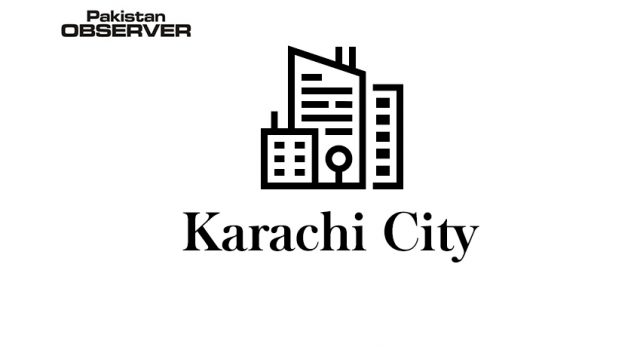All new students entering public schools will be screened for tuberculosis and HIV, the Sindh health department announced on Monday.
The ones testing positive for tuberculosis will be tested for HIV too. The decision was taken to stop the spread of infectious diseases in the province. Sentinel sites to screen and detect 32 infectious diseases have been set up across the province. These sites are connected to the district command and control centres that report to the district directorgenerals. Civil society organisations working on communicable and infectious diseases have been asked to work closely with the government to ensure transparency, according to the health department.
Four percent of those screened earlier are missing and have been lost to follow-up. The health department said this was due to the involvement of “multitude of stakeholders combined with potentially infected individuals who do not have national identity cards”.
It is important to trace the missing infected people as they might be the reason for increasing drug resistance to tuberculosis and HIV, Sindh Health Minister Dr Azra Pechuho said.Measures are being taken to establish a database of infectious diseases. Pharmacies will have to report any counterfeit prescriptions to the Sindh Healthcare Commission and district health departments.
“This measure will enable clinics and medical institutes to keep a record of the infections as well as those prescribing medications for them and will decrease instances of negligence and foul play,” the government said.
A rise in tuberculosis cases has been observed in children up to four years of age, according to the health department. To suppress transmission “reverse contact tracing” will be carried out and parents and grandparents will be screened. Mothers, religious leaders and community elders would be counselled about infectious diseases, especially HIV, to eliminate stigma and facilitate treatment.










